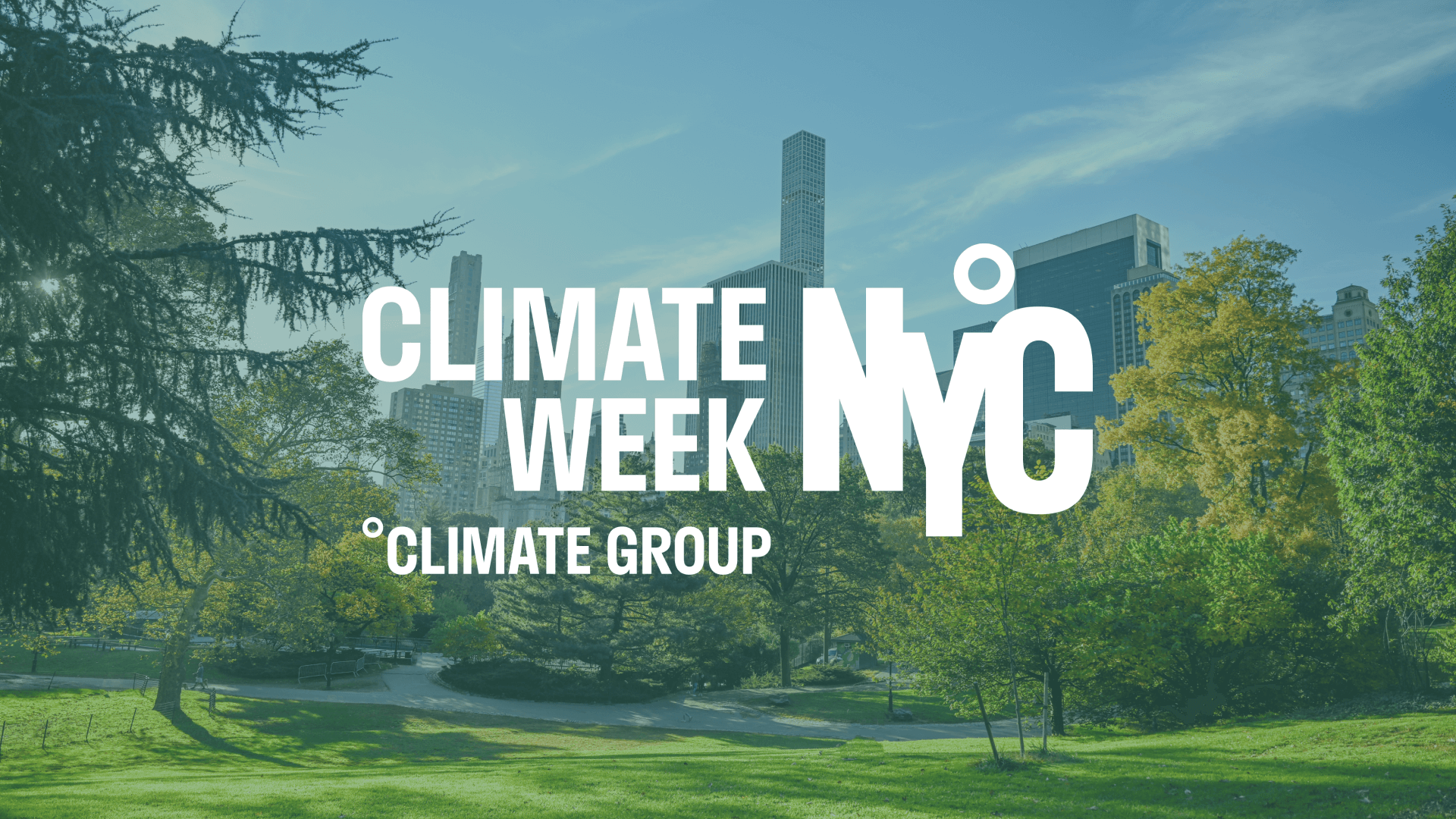The transition to a low-carbon economy can only be swift and effective with the meaningful participation of impacted communities, especially those who rely on the energy value chain for their livelihoods. We support communities in building inclusive transition models that center their priorities in the decisions that impact their futures.
The challenge
The shift to clean energy will touch every aspect of the global economy, transforming industries and disrupting workers in local communities. Millions of people are at risk of losing their livelihoods and the ability to provide for their families. International commitments like the Paris Agreement and International Labour Organization (ILO) guidelines call for the protection of workers and communities, and some countries enact policies for economic diversification and reskilling. However, these measures often fall short of full empowerment of the people they aim to help.
The most affected communities are too often excluded from decisions about their own futures — with implications for their access to economic opportunities, resources, and democratic participation. Without genuine engagement, workers and communities may view the transition as an external imposition rather than a collaborative endeavor. Polarized civic landscapes and low institutional trust further underscore the urgent need to bridge the gap between promises of a just transition and the lived realities of affected communities.
The opportunity
The case for a Just Transition is both moral and practical. It is an unparalleled opportunity to redefine governance, center communities, and advance sustainable development. In a true Just Transition, workers and local communities have the power to shape their futures and participate meaningfully in building a sustainable economy.
Achieving this vision requires bold, collaborative action across governments, businesses, investors, civil society, and communities. Philanthropy also has a crucial role to play. It can act as a catalyst by filling critical funding gaps, testing innovative solutions, and building civic capacity and local resilience. By supporting grassroots initiatives and scaling solutions, philanthropy can help create systems that address the climate crisis while fostering a fairer society. This is a critical moment for securing a safer climate and building a thriving future for generations to come.
Our approach
The most effective solutions for a Just Transition are locally-led and rooted in the unique social, economic, and environmental contexts of the communities they serve. We believe in leadership from local governments, community-based organizations, and the private sector to ensure holistic transition strategies that reflect the needs and aspirations of those most affected by climate and economic changes.
In 2023, we launched the Global South Just Transition Fund, which initially focused on Indonesia, South Africa, Vietnam, and India with a $20 million + investment from the IKEA Foundation and Laudes Foundation.
Through this work, our approaches include:
Impact
We aim to achieve the following transformative outcomes:
While the initial focus is on four countries, our broader vision is toward a decarbonized global economy that is grounded in sustainability, resilience, and prosperity.. We are actively seeking opportunities for expansion into other countries and across different sectors as the next leg of our journey.


